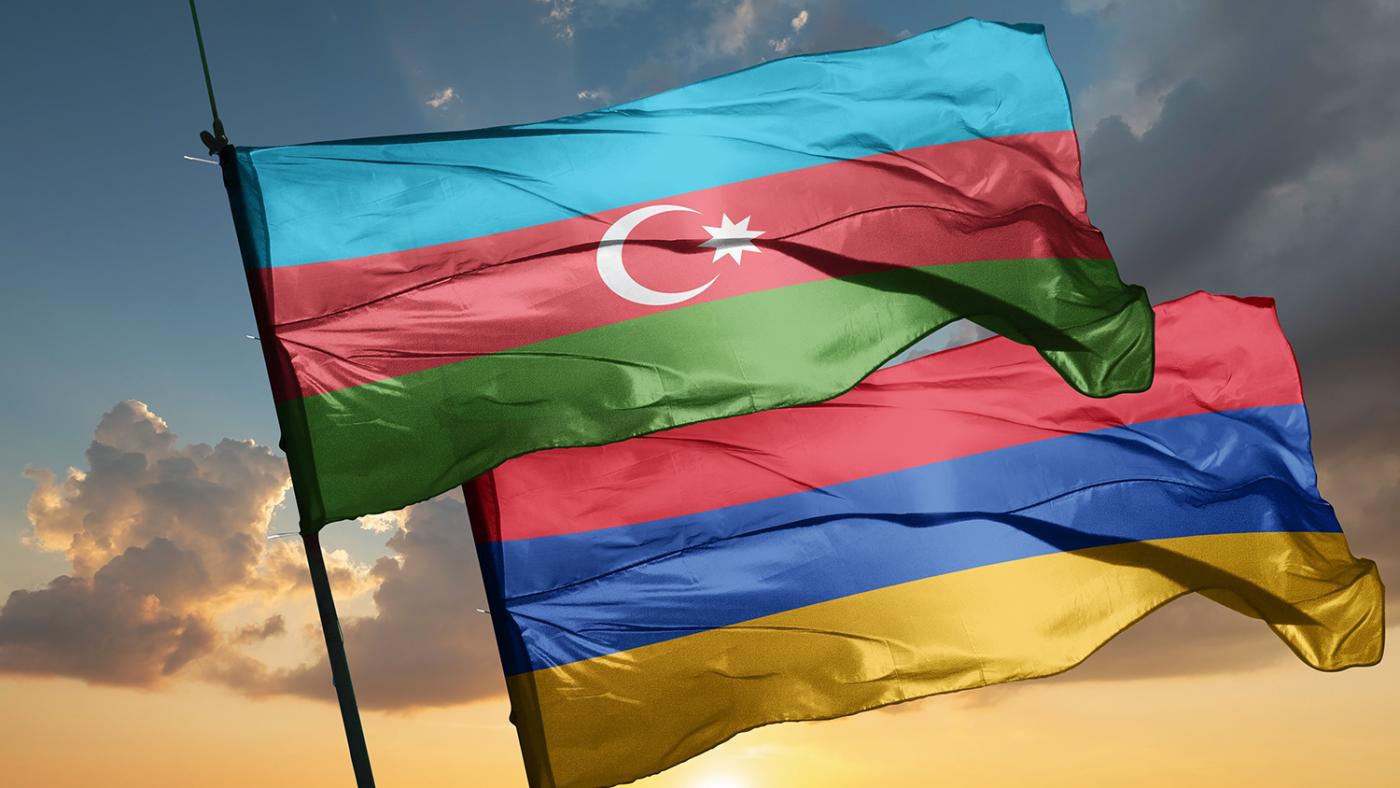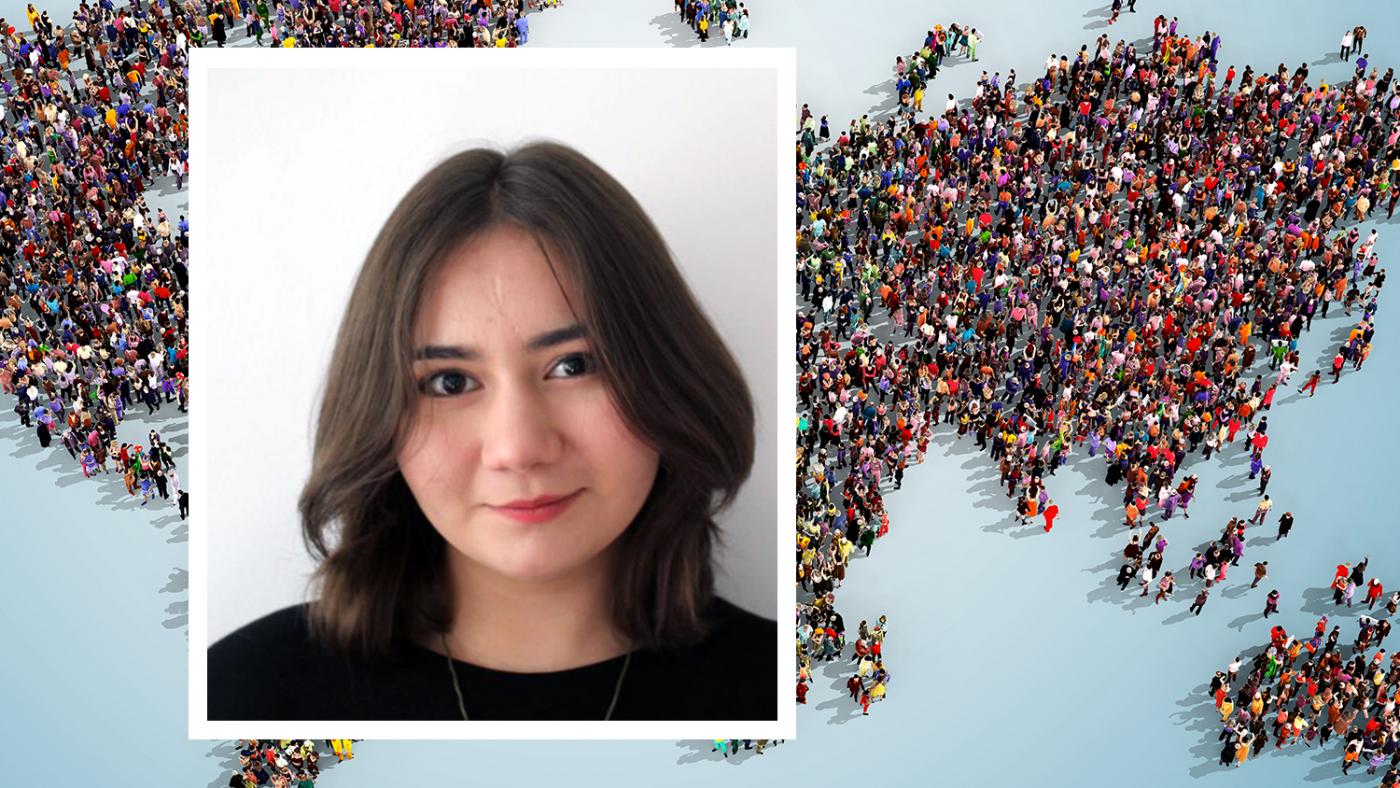Azerbaijan vs Armenia
Independence lost

When the second Nagorno-Karabakh war between Armenia and Azerbaijan started, at the end of September 2020, I was seventeen and had just moved from Azerbaijan to the Netherlands to start a Bachelor’s in Economics and Business Economics. It was the first time I was so far away from my family. I felt so independent and mature, all alone in another country. At first, I heard about the firefights from my family and the news but I was not very worried as firefights on the border with Armenia are not unusual. Then, when things started to escalate, I became more concerned. All the independence I felt when I moved to the Netherlands was wiped away by how scared I felt for my family.
There was no Internet for days in a row and I couldn’t reach my family. Then, my friends and family started using VPN but my grandparents couldn’t figure out how to use it, so I could only talk to them when they visited my parents. I felt useless: my parents were genuinely happy that I was safe but not being there to support my friends and family made me incredibly sad.
Growing up, I heard about the First Nagorno-Karabak war, which went from 1988 to 1994, and all the disagreements with Armenia, but it all sounded so distant: I could never imagine actually living through such a conflict. Even though my family’s home is in the capital of Azerbaijan, Baku – which is quite far away from the border – war is a scary experience. We were not directly affected but families living in the second biggest city, Ganjá, were shelled.
My mom was 18 years old when the first war started. She remembers Soviet tanks breaking up demonstrations in the city centre and the fear she felt for her own life and that of her loved ones. That same fear came back when the second war started. My grandfather was born in Armenia’s largest city, Yerevan, but was forced to leave with his family in 1947, when he was just seven years old, because of a series of deportations of Azeri people in Armenia from 1905 until 1953. It was a hard time: thousands of Azerbaijanis left their belongings behind and fled with only the clothes they had on.
As for my dad, he was a medical university student during the first war and volunteered as a paramedic in the military service. He did the same during the second war, volunteering to help injured people in a frontier hospital. He was exhausted as he worked there for three weeks without having enough rest and sleep. I was worried for him but he felt it was his duty to care for the wounded.
The conflict between Azerbaijan and Armenia goes back to the beginning of the 19th century, when the Russian Empire conquered the Caucasus. Russia always adopted a “divide and conquer” strategy to weaken neighbouring states and clash ethnicities together, as they did with Georgia, Ukraine, Kazakhstan, the rest of Central Asia, and even with Afghanistan. When the Russian Empire dissolved in 1918, the tension in that area reignited and the Red Army merged both nations into the USSR. In 1991, when Azerbaijan and Armenia became independent, the conflicts started again.
The firefights never ceased after the second war ended, in November 2020. Most people are exhausted and just want a peace treaty. Both countries have lost so much because of this conflict and there is still uncertainty about the future. We share the same culture, cuisine, and music, so I hope one day we will find peace and I will be allowed to visit Armenia.

Gunel Nabiyeva is a third-year Economics and Business Economics student from Baku, Azerbaijan. She came to the Netherlands for her Bachelor’s degree and loves to play video games in her spare time.